Secessionist Leader Sentenced As Finnish Court Delivers Blow to Nigerian Separatist Movement
- by John, Finland, RNG247
- about 2 months ago
- 219 views
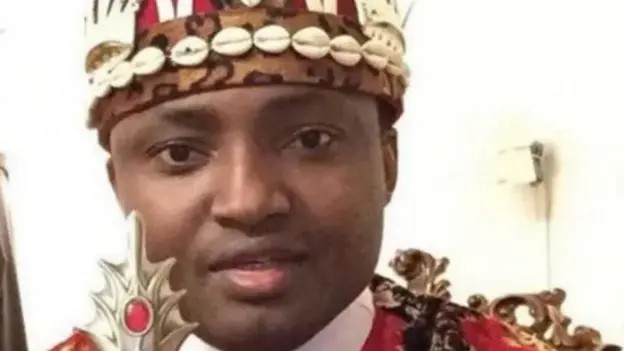
In a landmark ruling that has sent shockwaves through international diplomatic circles, a Finnish court has sentenced Simon Ekpa, a prominent figure in the Nigerian secessionist movement, to six years in prison on terrorism-related charges. The verdict, delivered by the Päijät-Häme District Court, marks a significant development in the ongoing struggle for an independent Biafra region in southeastern Nigeria.
Ekpa, a Finnish citizen of Nigerian origin, was found guilty of attempting to promote the independence of the so-called Biafra region through illegal means, according to court documents obtained by RNG247. The three-judge panel unanimously concluded that Ekpa had equipped armed groups with weapons and explosives through his extensive network of contacts.
The court's ruling covered a period from August 2021 to November 2024, during which Ekpa allegedly engaged in illegal activities and used social media platforms to incite public unrest and criminal behavior in Nigeria. In addition to the terrorism charges, Ekpa was also convicted of aggravated tax fraud, further complicating his legal troubles.
The sentencing of Ekpa is the latest chapter in the long-standing conflict between the Indigenous People of Biafra (IPOB) and Nigerian security forces. IPOB, a group banned in Nigeria, has been at the forefront of the secessionist movement, with its leader Nnamdi Kanu currently facing terrorism charges in Nigeria.
Ekpa's arrest in February 2023 at his home in Finland came after years of scrutiny. A 2022 investigation by international media identified him as one of IPOB's "media warriors," allegedly using social media to call for violence. Ekpa, who had previously claimed leadership of an IPOB faction, consistently denied these allegations.
The Nigerian government had been pushing for Ekpa's extradition, arguing that he should face justice in Nigeria. In March of last year, the Nigerian army declared Ekpa and 96 others wanted for terrorism, violent extremism, and secessionist threats.
The Biafran independence movement has deep historical roots, dating back to the 1960s when an attempt at secession led to a devastating three-year conflict resulting in over a million deaths. Today's movement, spearheaded by groups like IPOB, seeks to establish an independent homeland for the Igbo ethnic group in the southeast and parts of the Niger Delta.
As news of Ekpa's sentencing spreads, tensions are high in southeastern Nigeria, where supporters of the secessionist movement view him as a key figure in their struggle. The Finnish court's decision is likely to have far-reaching implications for the Biafran cause and could potentially reshape the dynamics of the separatist movement in Nigeria.
International observers and human rights organizations are closely monitoring the situation, as the case raises complex questions about sovereignty, self-determination, and the limits of free speech in the digital age. As Ekpa's legal team considers the possibility of an appeal, the world watches to see how this verdict will impact the future of the Biafran independence movement and Nigeria's political landscape.



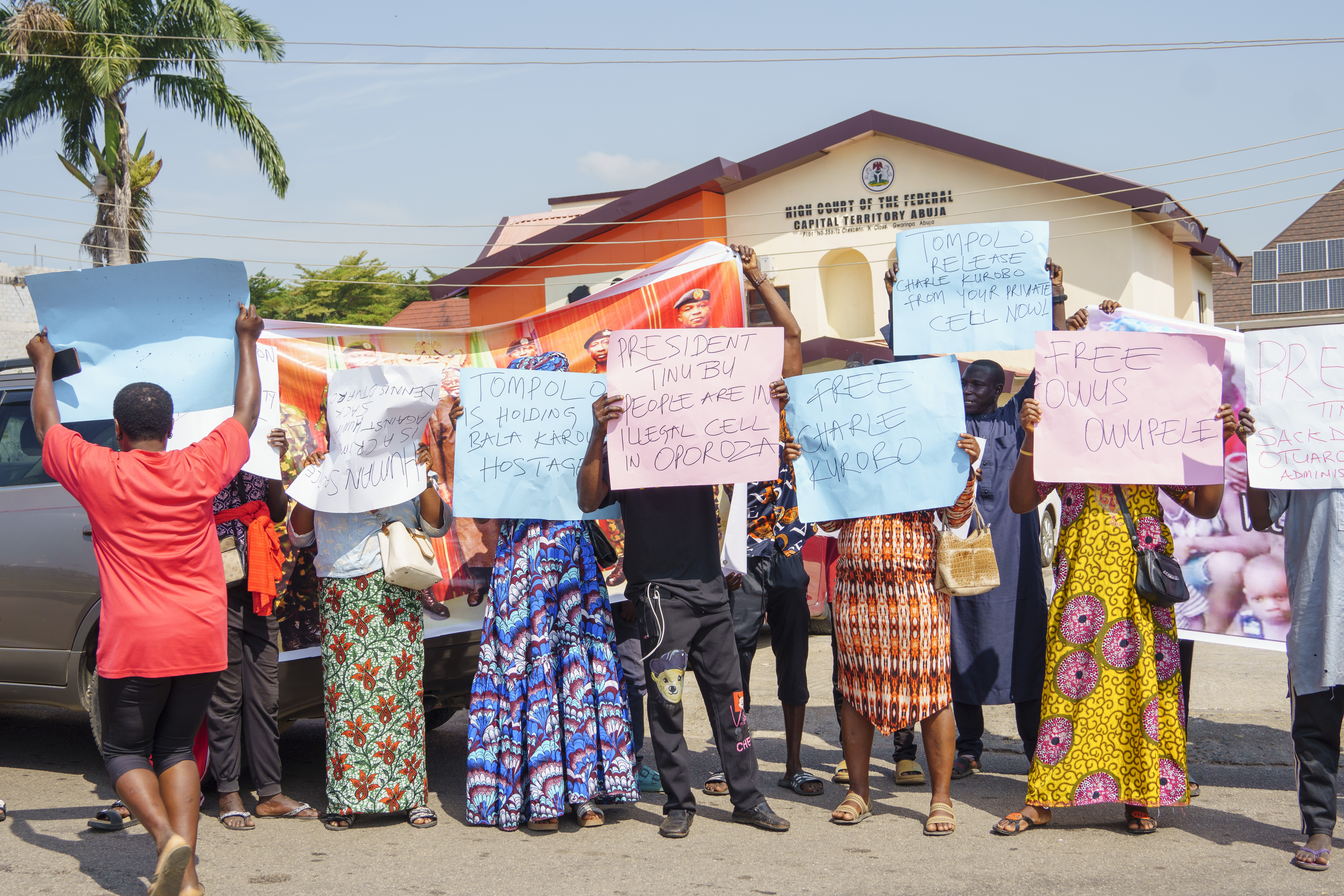
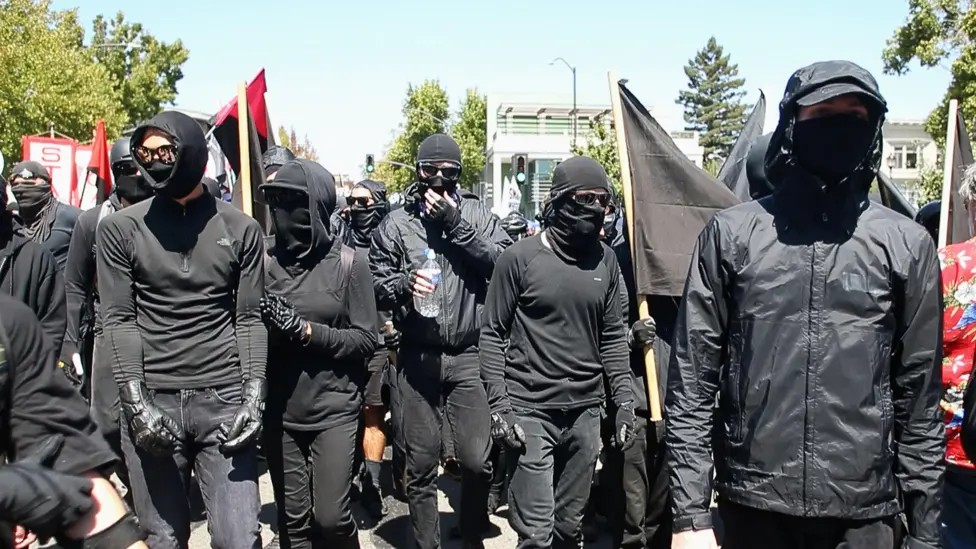
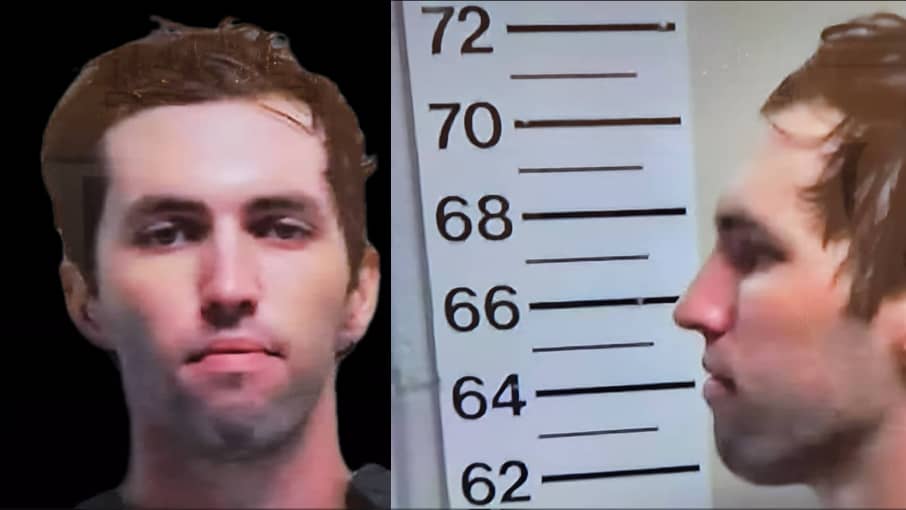

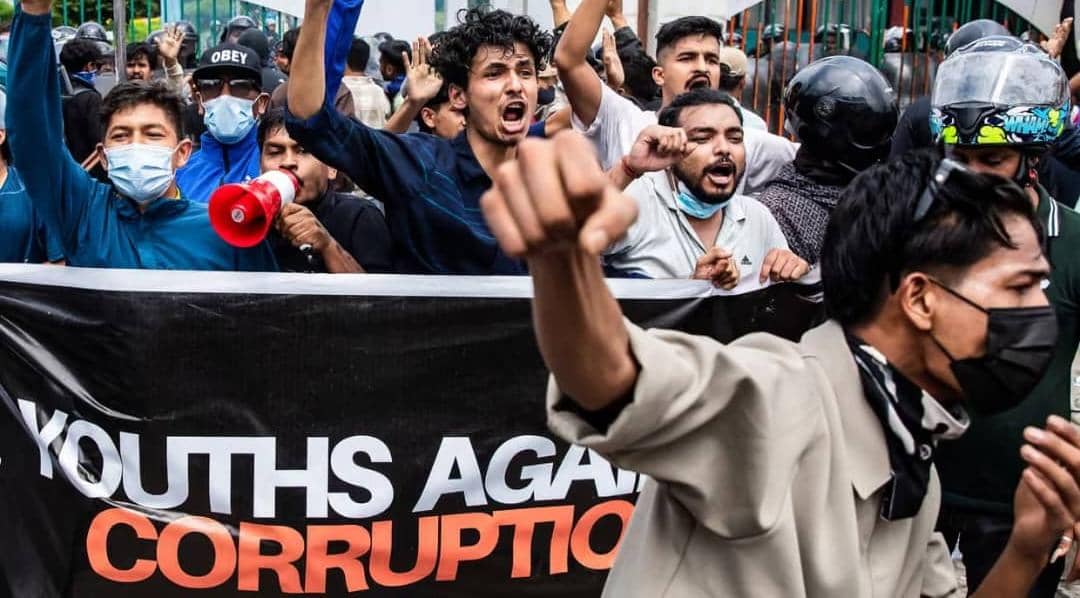





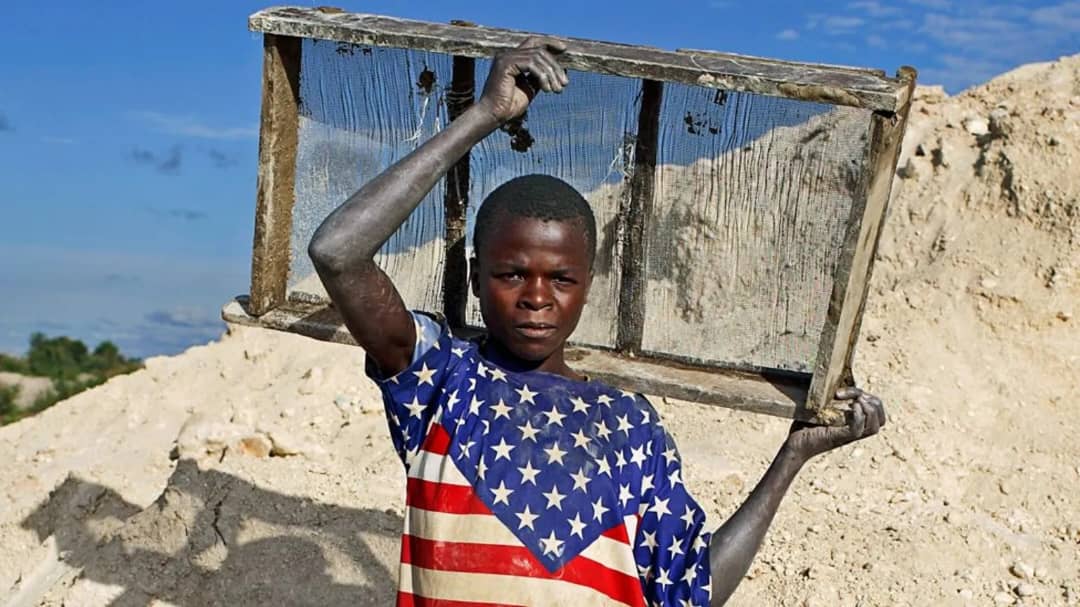


0 Comment(s)